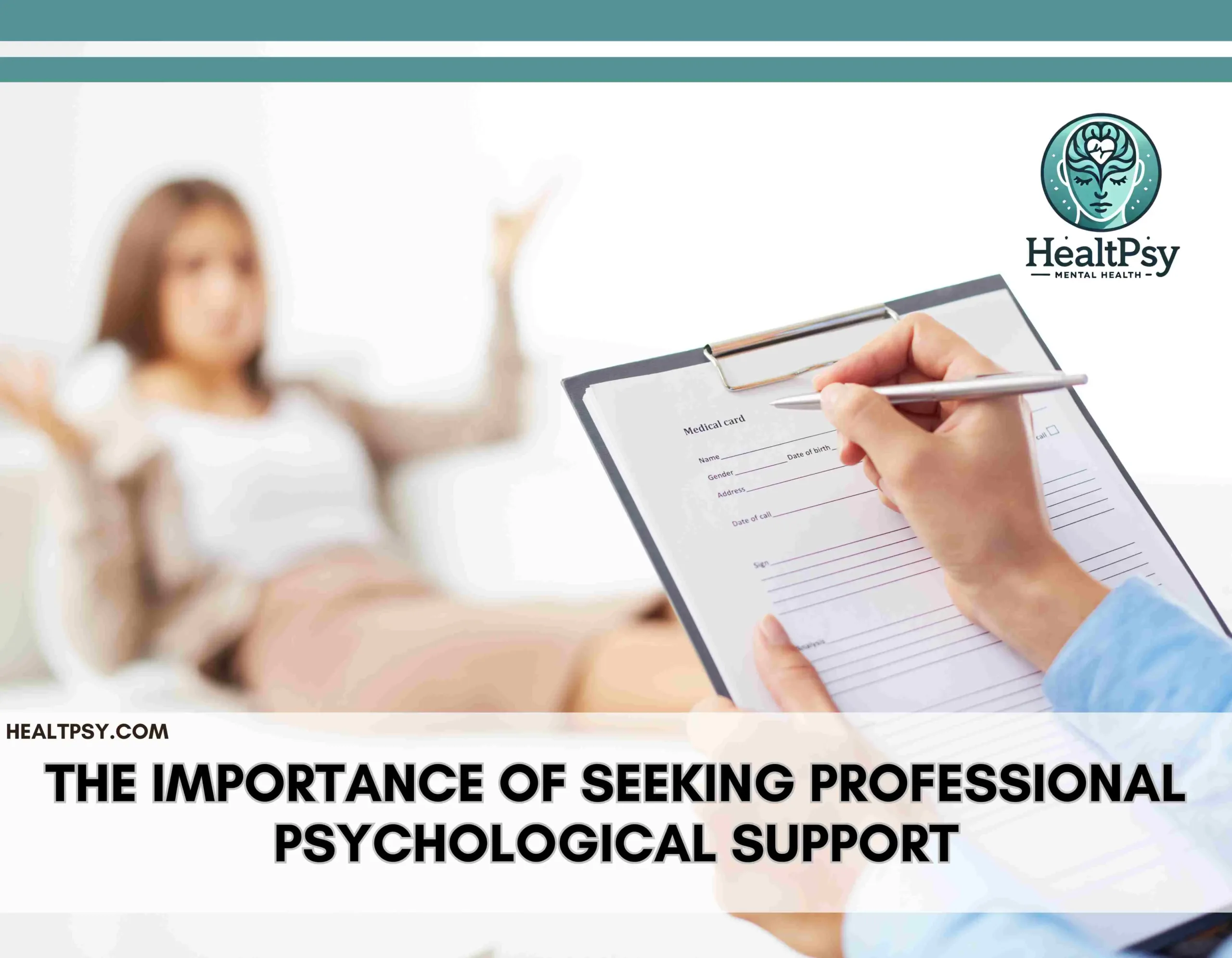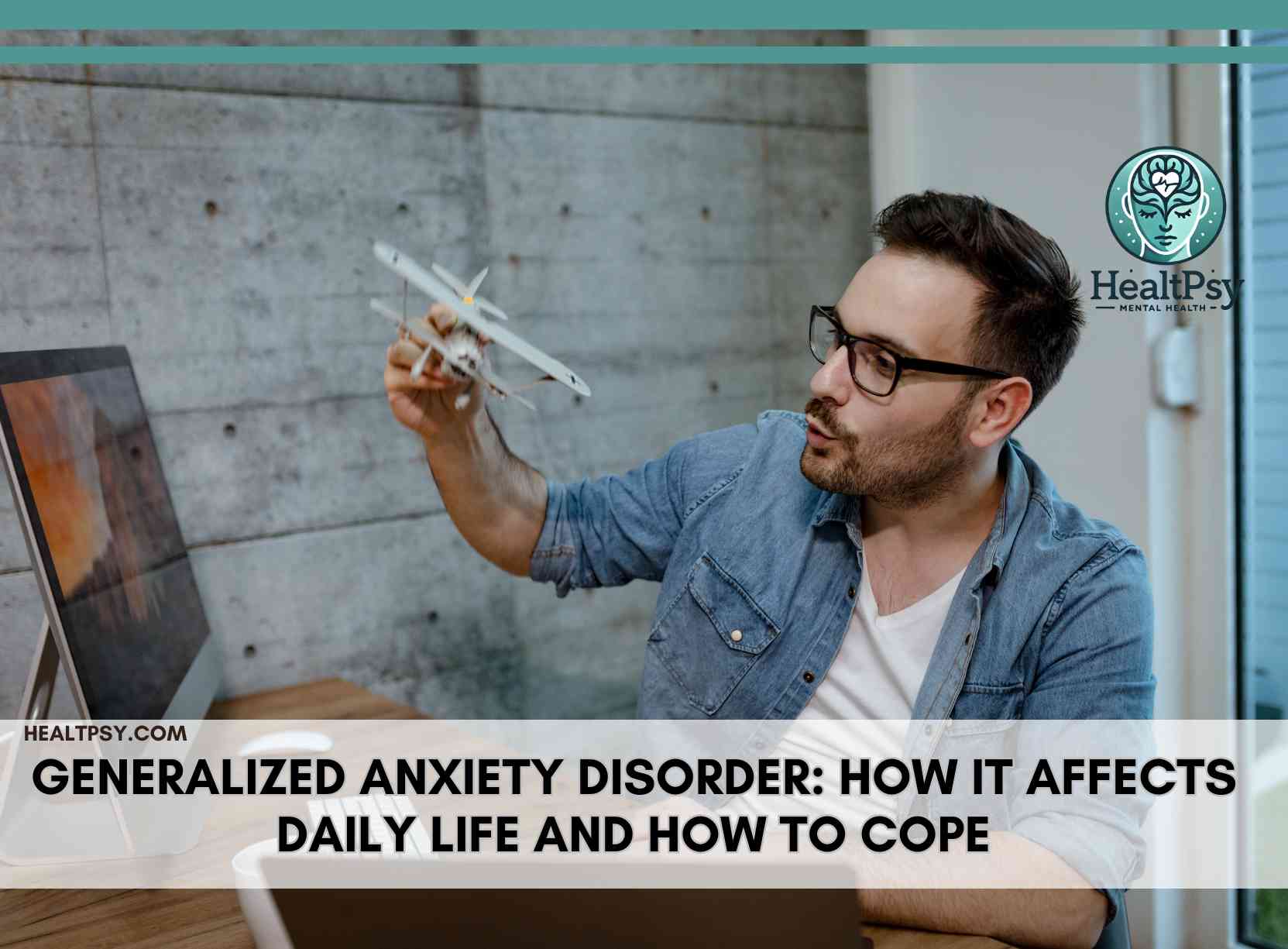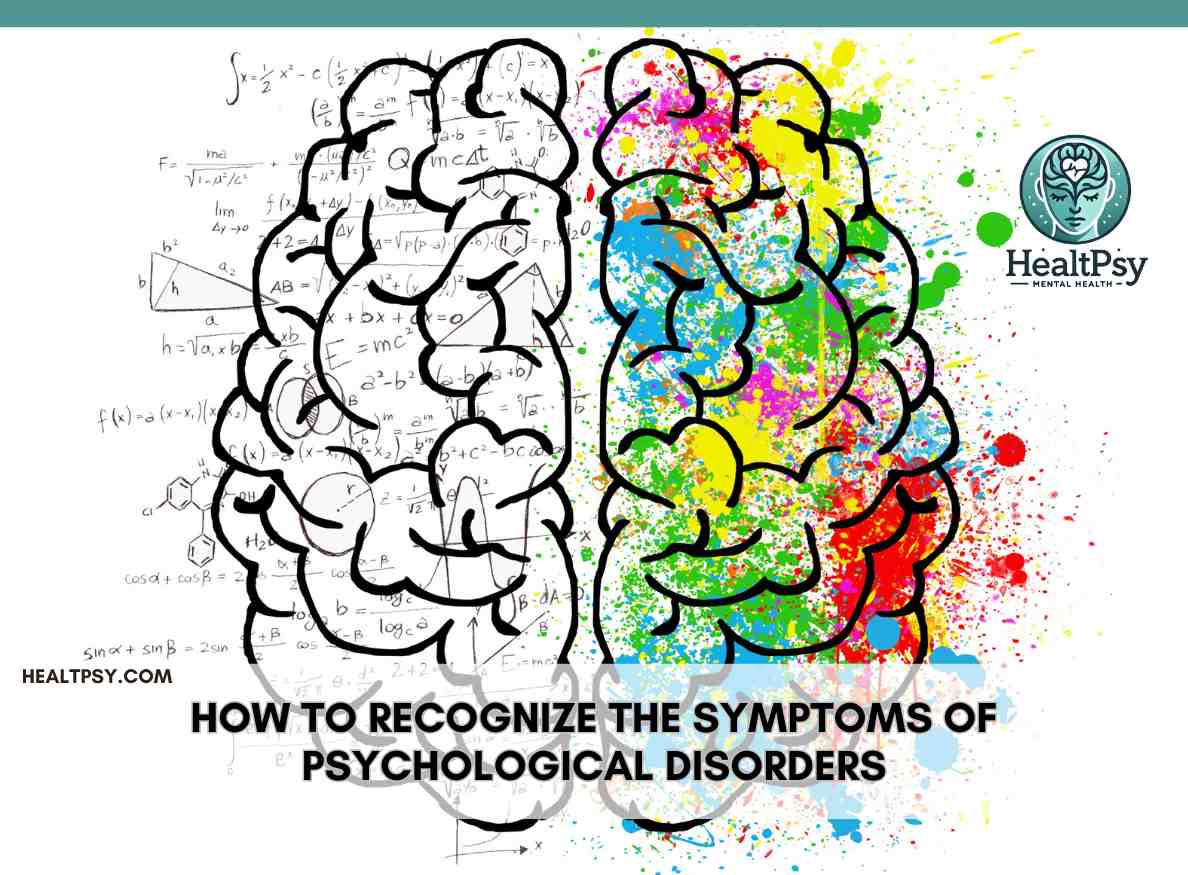The Importance of Seeking Professional Psychological Support: 7 Key Reasons
Psychological support plays a crucial role in mental health maintenance and emotional well-being. Life’s challenges—such as relationships, work stress, or traumatic events—can feel overwhelming. Seeking professional help provides the tools and guidance needed to navigate these difficulties effectively.
Introduction
Professional psychological support is a cornerstone of mental health care. By working with trained professionals, individuals can gain insight into their emotions, thoughts, and behaviors, leading to healthier coping mechanisms and improved well-being. This article explores why professional support is essential, when to seek help, and the types of therapy available.
Why Professional Support Matters
Therapy provides a safe, non-judgmental space to address emotional struggles. A trained therapist helps individuals gain self-awareness and develop healthier coping mechanisms. The key benefits of professional psychological support include:
- Enhanced Coping Skills: Learn strategies to manage stress, anxiety, and emotional distress.
- Increased Self-Awareness: Identify thought patterns that impact daily life.
- Improved Relationships: Develop better communication skills and conflict resolution abilities.
- Discover Strategies for Personal Growth and Self-Development: Therapy encourages continuous self-improvement.
- Stronger Emotional Resilience: Regular therapy helps individuals build resilience, making them more capable of handling life’s uncertainties.
- Better Mental Clarity: Working with a therapist provides a fresh perspective, helping clients make informed decisions about their personal and professional lives.
When to Seek Psychological Help
Many people hesitate to seek therapy, but early intervention can prevent minor challenges from escalating. You may need professional support if:
- You experience persistent sadness, anxiety, or emotional distress.
- Your relationships are strained due to unresolved emotional conflicts.
- You rely on unhealthy coping mechanisms, such as substance use.
- You struggle to manage daily responsibilities due to emotional difficulties.
- You find yourself frequently overwhelmed by emotions, making it difficult to focus on tasks or maintain motivation.
- Your sleep patterns are disrupted, either through excessive sleeping or chronic insomnia due to stress or anxiety.
Types of Therapy
1. Individual Therapy
This is a one-on-one therapeutic approach where the therapist works directly with the client. It is beneficial for those seeking personalized guidance and privacy.
2. Group Therapy
In group therapy, individuals with similar struggles meet in a supportive environment to share experiences and perspectives. It fosters understanding and emotional support.
3. Online Therapy
For individuals facing geographical barriers or time constraints, online therapy offers a flexible and effective alternative. Virtual sessions have been proven to be as effective as in-person therapy (National Institute of Mental Health).
How to Choose a Therapist
Finding the right therapist is essential for a successful therapy journey. Consider the following factors:
- Credentials: Ensure the therapist is licensed and experienced in treating your concerns.
- Therapeutic Style: Research their approach, such as Cognitive Behavioral Therapy (CBT), Psychodynamic Therapy, or Mindfulness-Based Therapy.
- Comfort Level: Choose someone you feel comfortable sharing personal matters with.
- Accessibility: Consider location, availability, and whether they offer virtual sessions.
- Cost and Insurance: Make sure the therapist’s fees align with your budget, and check if your insurance covers therapy sessions.
Benefits of Seeking Professional Psychological Support
- Improves Emotional Regulation – Helps manage mood swings and emotional distress.
- Reduces Symptoms of Anxiety and Depression – Evidence-based therapies effectively treat mental health conditions.
- Enhances Decision-Making Skills – Therapy fosters self-awareness, aiding in better decision-making.
- Encourages Personal Growth – Supports self-improvement and goal-setting.
- Strengthens Coping Mechanisms – Equips individuals with healthier ways to handle stress.
- Boosts Self-Confidence – Therapy helps individuals build resilience and self-esteem.
- Improves Work-Life Balance – Reduces burnout and enhances productivity.
- Promotes Better Physical Health – Addressing mental health issues often leads to improvements in sleep patterns, eating habits, and overall physical well-being.
- Enhances Social Interactions – By addressing anxiety or past trauma, therapy can help individuals feel more comfortable in social settings.
Conclusion
Seeking professional psychological support is an empowering step toward improved mental health. Whether dealing with anxiety, depression, or life transitions, therapy provides an effective pathway to healing. Exploring your options and finding a therapist who aligns with your needs is essential for a successful mental health journey.
References
you might also like





